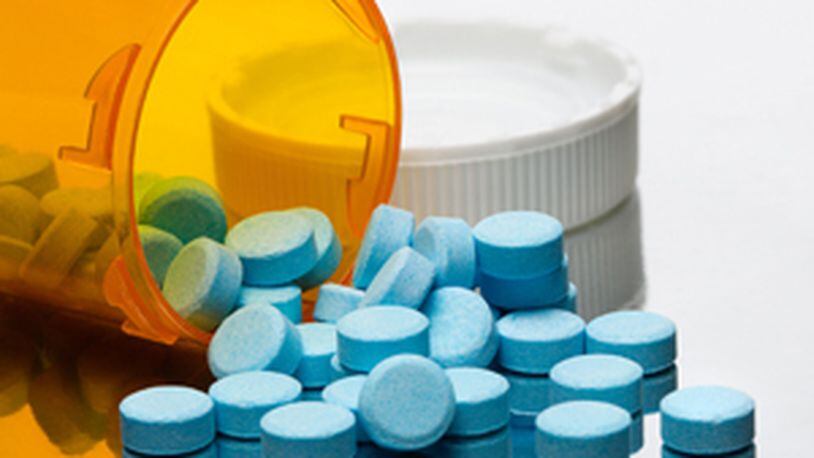Sens. Sherrod Brown, D-Ohio, and Rob Portman, R-Ohio, both members of the Senate Finance Committee, backed the proposal, which would allow residential pediatric recovery centers such as Brigid’s Path in Kettering to receive Medicaid funding to treat babies born addicted to opioids and other drugs. That measure was part of a larger bill aimed at focusing on how best to use federal programs to pay for opioid treatment.
Babies born with neonatal abstinence syndrome typically have to be treated in the neonatal intensive care unit, but those units aren’t ideal for newborns born addicted — the lights are too bright and the noises too loud. The measure introduced by Portman and Brown would allow Medicaid to cover places more ideal for treating newborns born addicted.
The bill would not cost taxpayers any additional money, Portman said. Rep. Mike Turner, R-Dayton, is pushing a similar measure in the House.
“I have been fighting to help newborns addicted to opioids since I learned of the problem,” Turner said in a statement. “Our bill will give organizations such as Brigid’s Path, which Health and Human Services Secretary (Alex) Azar visited earlier this year, funding to treat these vulnerable babies. Our introduction of the modified language in the House brings us one step closer to making the funding of the care of these newborn victims of the opioid epidemic a reality.”
Brown also was successful in getting the committee to include a measure that would require drug companies and medical device makers to publicly disclose the payments they make to nurse practitioners and physician assistants for promotional talks, consulting and other interactions. The measure is aimed at increasing transparency around prescribing practices and the relationship between drug companies and prescriptions for opioids.
In the House, the votes on bills aimed at curbing the epidemic are expected to go well into next week. Among the bills passed by voice vote earlier this week was one introduced by Columbus-area Rep. Steve Stivers that would require the Substance Abuse and Mental Health Services Administration to issue guidance to those seeking federal funds to make sure they have the resources they need to implement evidence-based solutions to the opioid crisis.
The House will also vote on measures that aim to increase research on non-addictive pain medication and make treatment for opioid addiction more accessible. They’ll also vote on a revised version of a bill pushed in the Senate by Portman aimed at blocking the shipment of synthetic opioids into the United States through the international mail system.
A handful of the measures are contentious, including one Republican bill that would create new criminal penalties for making or trafficking certain synthetic drugs containing fentanyl. That powerful opioid can be made illegally and is taking a growing toll. Democrats complain that the legislation would give the government unfettered power to decide which drugs would be banned, without scientific input.
West Virginia had the highest death rate from drug overdoses in 2016, with Ohio, New Hampshire, the District of Columbia and Pennsylvania close behind. In sheer numbers of deaths, Ohio, California, Florida, and Pennsylvania all saw more than 4,000 fatal drug overdoses in 2016.
The death toll has more than tripled since 2000, when around 17,000 people died from drug abuse. That’s made the issue a top campaign-season priority for both parties. Despite enacting two significant bills on the subject in 2016 — and Congress providing additional billions to combat opioids in this year’s government-wide spending bill — lawmakers are eager for another round.
The Associated Press contributed to this report.
About the Author
